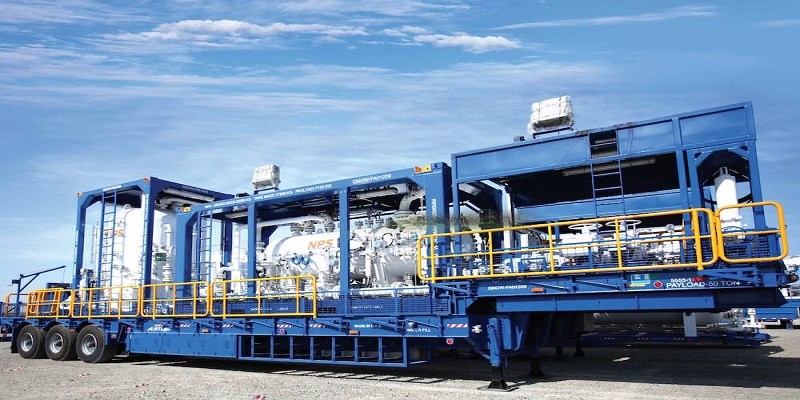Course Details
Your Growth, Our Mission

Course Description
Well test analysis has been used for many years to assess well condition and obtain reservoir parameters. With the introduction of pressure-derivative analysis and the development of complex interpretation models that are able to account for detailed geological features, well test analysis has become a very powerful tool for reservoir characterization.
A new milestone has been reached recently with the introduction of deconvolution, which makes it possible to see boundaries which may not be visible from conventional analysis. This has a significant impact on the ability to certify reserves. The methodology described in the course, which has become the standard of the industry, presents a systematic way of interpreting well tests and reconciles the various methods that have been developed over the years. The emphasis of the course is on well tests in gas condensate and volatile oil reservoirs, which are the most difficult to interpret as they combine the usual complexities of wells and reservoirs with complexity of the fluids. Practical problem-solving sessions are included in the course.
The Training Course Will Highlight ?
Training Objective
You will learn:
- Understanding the fundamental concepts of well test analysis
- Mastering state-of-the-art interpretation methodology
- Avoid pitfalls and KNOW limitations of current well test analysis techniques
- Attain the knowledge practical use of well test deconvolution.
- Determine and manage characteristics of gas condensate and volatile oil tests below saturation pressure
- Learning the use of single phase and two-phase pseudo-pressures
- Characterize well test behavior as a function of fluid richness (lean, medium-rich, rich, and volatile)
- Interpret skin effect vs. rate relationship
Target Audience
Designed for reservoir engineers, reservoir managers, production engineers, production technologists, production engineering managers, petroleum engineers and professionals who are involved in gas condensate and volatile oil reservoirs
Training Methods
This interactive Training will be highly interactive, with opportunities to advance your opinions and ideas and will include;
- Lectures
- Workshop & Work Presentation
- Case Studies and Practical Exercise
- Videos and General Discussions
Daily Agenda
- Well testing for Well Performance, Reservoir Characterization and Reservoir Performance
- Well Testing as a Signal Analysis Problem
- Concept of Interpretation Model
- Components of the Interpretation Model (Near-Wellbore Effects, Reservoir Behavior, Boundary Effects
- Definition of a Methodology (Identification and Verification of the Interpretation Model)
- Analysis Signal and Interpretation Methods
- Straight-Line methods
- Pressure Log-Log analysis
- Pressure Derivative analysis
- Other analysis techniques
- Deconvolution
- The use of simulators in well test analysis
- Wellbore storage and skin
- Hydraulic fractures
- Limited entry
- Inclines and Horizontal wells
- Double porosity behavior
- Double permeability behavior
- Composite behavior
- Single fault
- Channel
- Intersecting faults
- Open rectangle
- Closed rectangle
- Test design
- Screening of possible interpretation models
- Summary of the state-of-the-art
- Gas and multi-phase analyses
- Specificity of gas condensate and volatile oil well tests
- Simulated well tests
- Practical analysis considerations
- Data
- Wellbore, reservoir and fluid effects
- Well test analysis tools
- Challenges
- Single-phase vs. two-phase pseudo-pressure analysis
- Productivity prediction and Remediation
- Field examples
- Compositional simulation of actual well tests
- Well test interpretation challenges
- (Lean vs. Medium rich vs. Rich gas vs. Volatile oil behaviors)
- Skin vs. Rate relationship
Accreditation
BTS attendance certificate will be issued to all attendees completing minimum of 80% of the total course duration.
Quick Enquiry
Request Info
Related Courses
Your Growth, Our Mission

